December 16th 2019, the European Union Aviation Safety Agency (EASA) issued an Airworthiness Directive (AD) that requires the de-pairing of certain Pratt & Whitney PW1100G engines, on the A320neo and the A321neo.
Occurrences were reported of finding damaged LPT 3rd stage blades on Airbus A320neo equipped with the affected engines. Investigation results determined that the affected parts have limited damage tolerance and, following impact at critical regions by foreign (originating from outside of the engine) or domestic (originating from inside of the engine) objects, instantaneous blade fracture may occur.
This condition, if not corrected, could lead to dual-engine in-flight shut-down (IFSD) on the affected airplanes, possibly resulting in reduced control of the airplane.
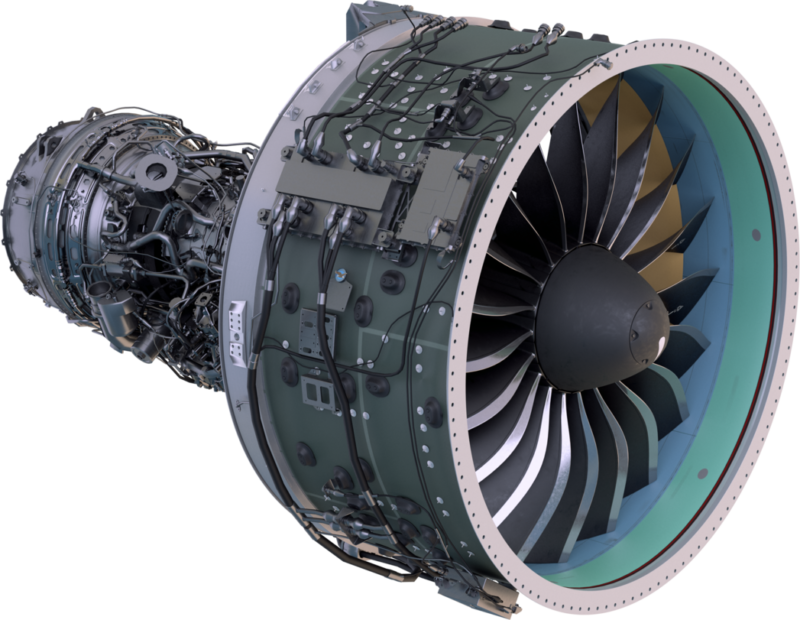
To address this potential unsafe condition, the manufacturer developed improved LPT third stage blades and a Service Bulletin was published to provide engine modification instructions, replacing the LPT 3rd stage disk, blades, locking plates and shroud segments.
Based on these findings, EASA has decided to issue an AD applicable to certain Airbus A320neo and A321neo equipped with the affected engines, requiring de-pairing of the affected engines, to reduce the risk of dual IFSD.
Specifically, for aircraft having two affected engines installed, within 3 months after the effective date of the AD, remove one affected engine from service and, thereafter, ensure that at least one engine installed on the aircraft is not an affected engine.
For aircraft that have only 1 affected engine installed, or no affected engines installed from the effective date of this AD, do not install an affected engine, unless it is verified that the other engine on the aircraft is not an affected engine.
This AD is considered to be an interim action and further AD action may follow.
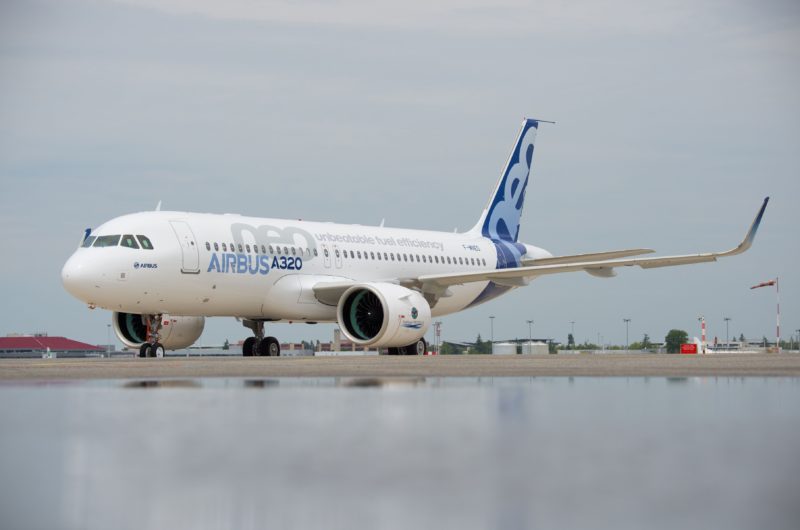
At the same time, EASA also decided not to adopt the AD issued by the FAA regarding the same topic.
The FAA has published a directive that proposes to require the same actions as EASA for all affected engines. The directive includes references to the same Pratt & Whitney Service Bulletin. It is expected that the Final AD for this NPRM will be adopted by EASA.


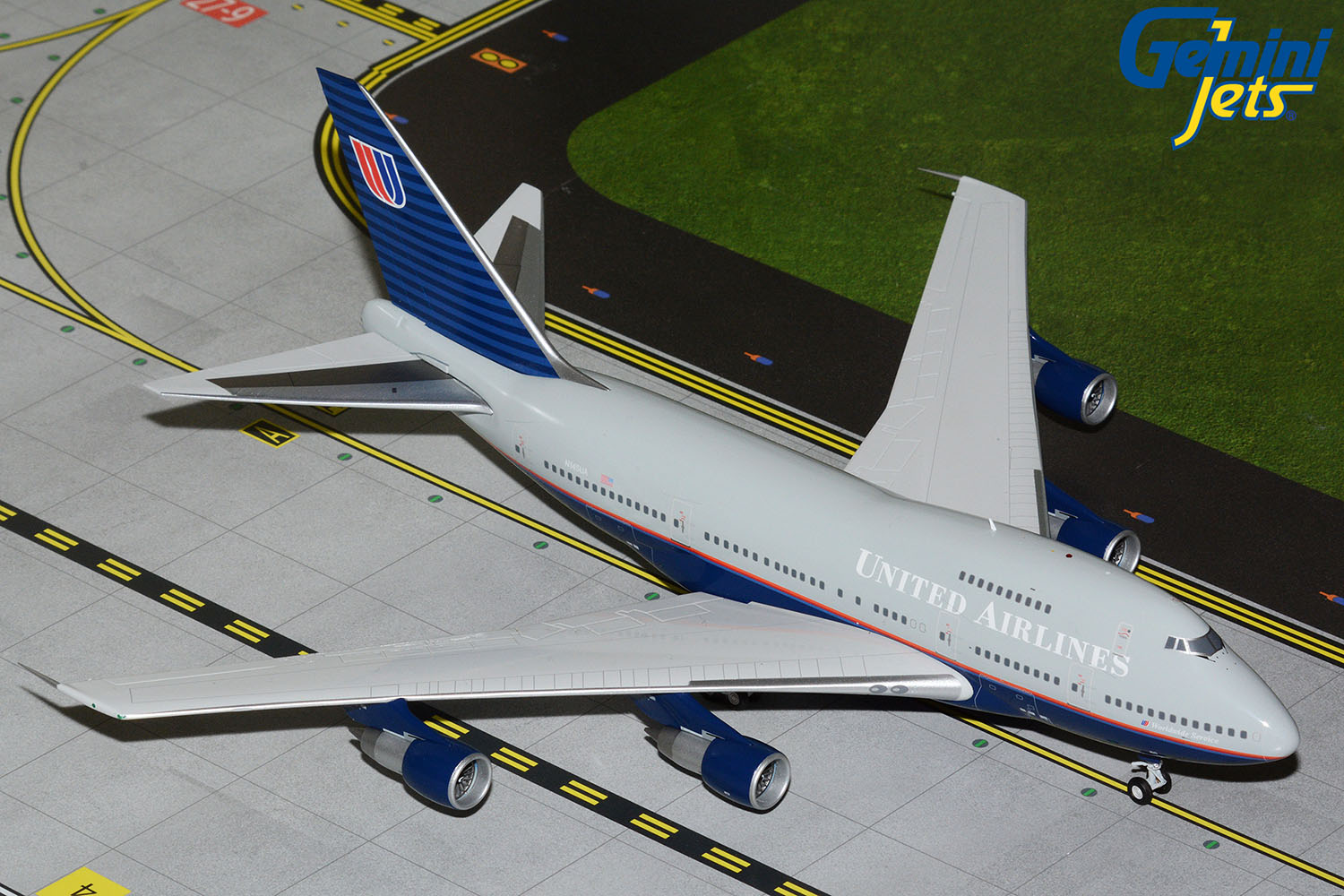
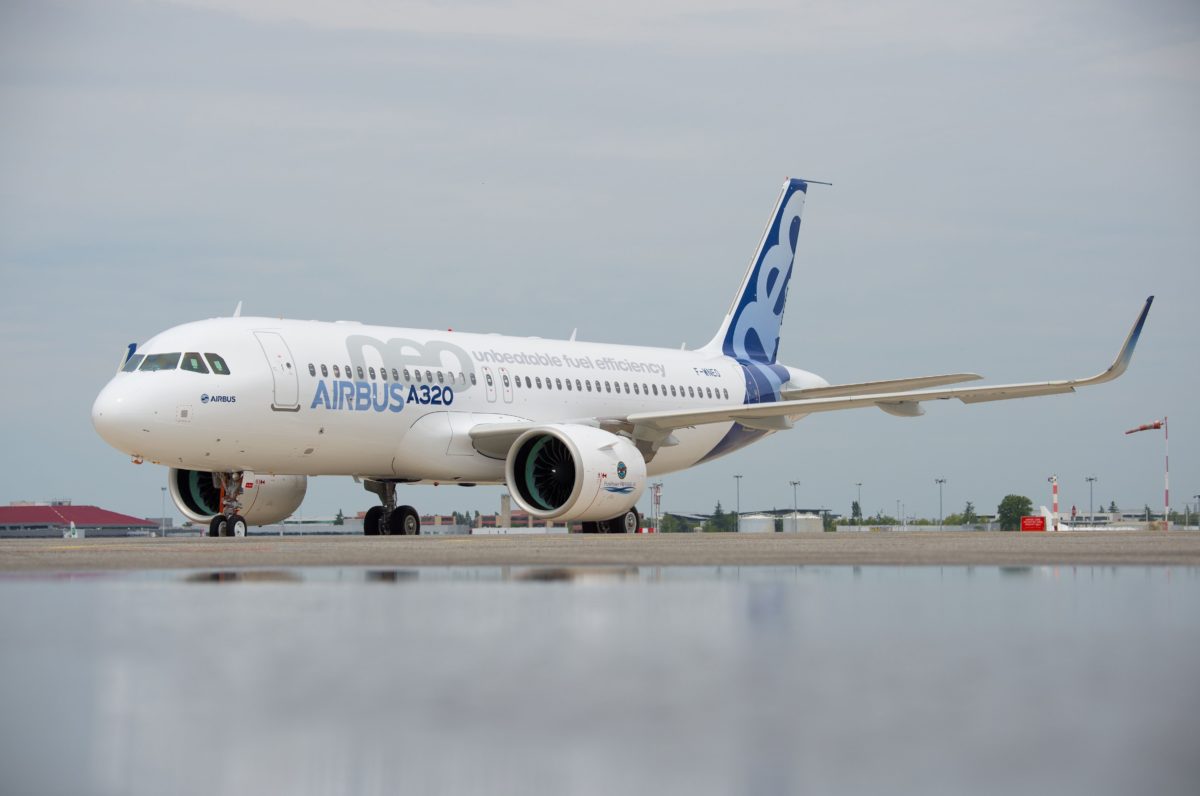
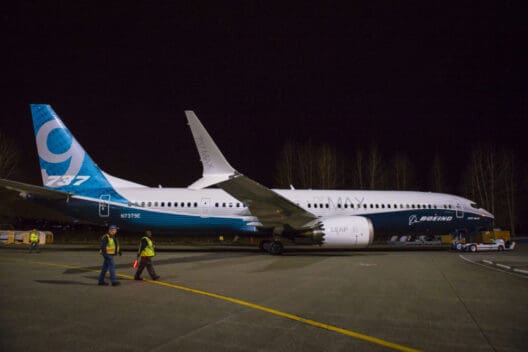

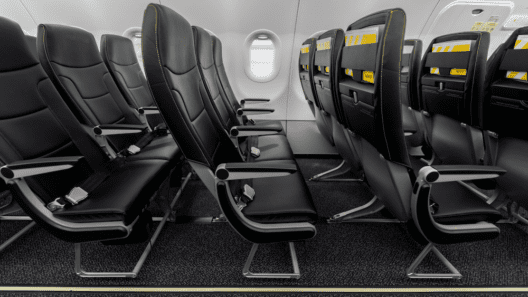
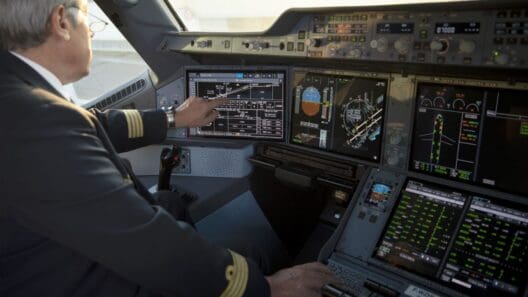
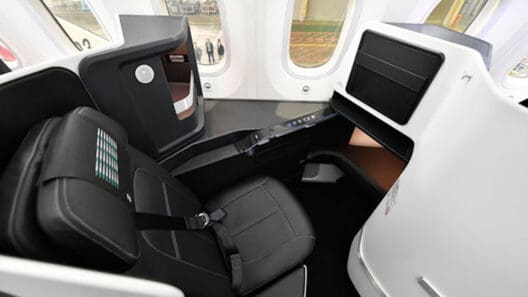


Ya gotta luv those GTF engines though ! Their gas-mileage makes yer eyes bug-out ! Can’t wait to see what their Ducted-propfans can do !
D.H.